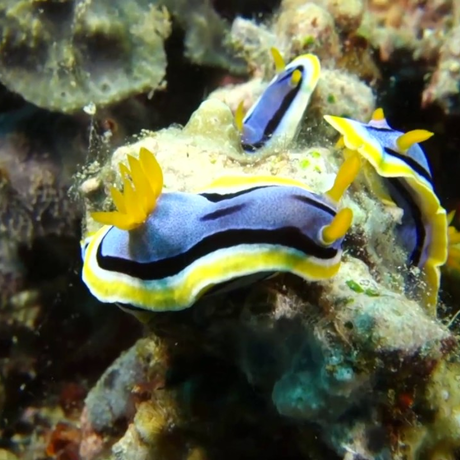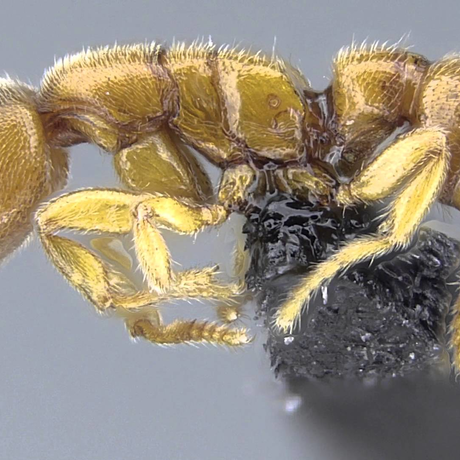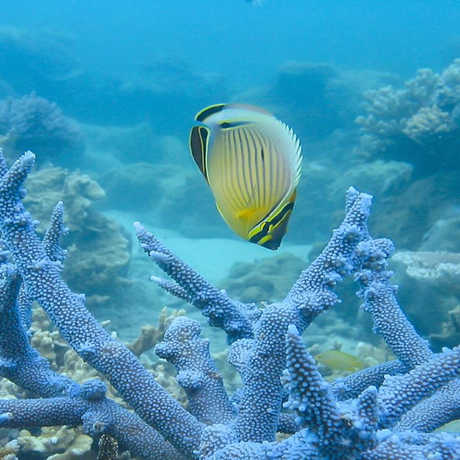Featured Articles
Today's post is Science Today's last. Thanks for joining us these past eight years!
Ecologically- and economically-rich coral reefs occur in very specific places on our planet.
New species finds include a succulent plant, worms and crustaceans near a hydrothermal vent and desert bees.
How can we effectively communicate the urgency around plastic pollution in the ocean to effect change?
Conservationists are using science to help stop elephant poaching, but more needs to be done.
Many new species discoveries: a jumping spider, a pit viper, an orchid, and a sponge made of glass!
Scientists have found antibodies in bee semen that protect the bees from fungus. Could it fight other parasites?
Academy scientists discovered dozens of new species last year, trying to understand more about the tree of life.
A new study shows that protected areas, such as national parks, are doing their job saving wildlife.
Coral reef ecosystems, one of our most critical habitats on Earth, have been in the research news lately. Why?
Our first post of 2016 offers new frogs from Madagascar, beetles from South Africa, and fish from Australia.
An interactive map lets you see how big your (and your neighbor's) carbon footprint is.
This week: Africa is in the spotlight with multiple new dragonfly and clawed frogs species.













